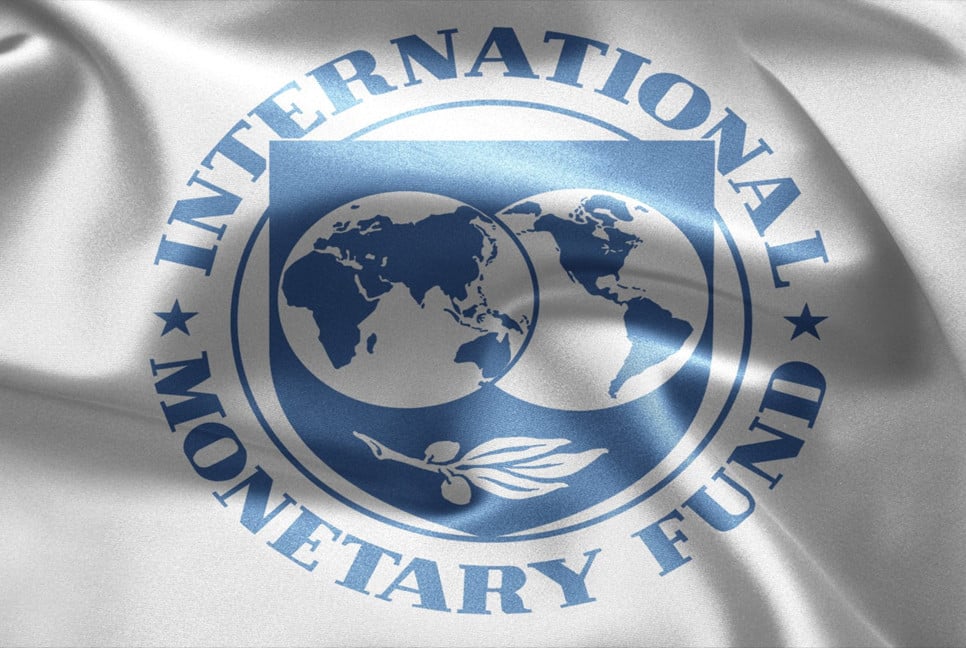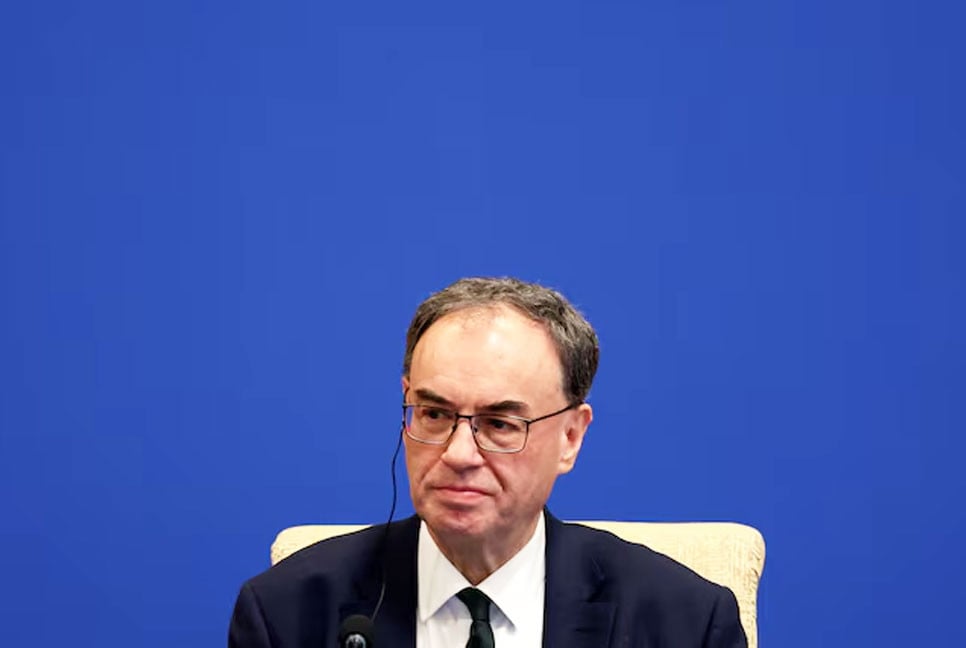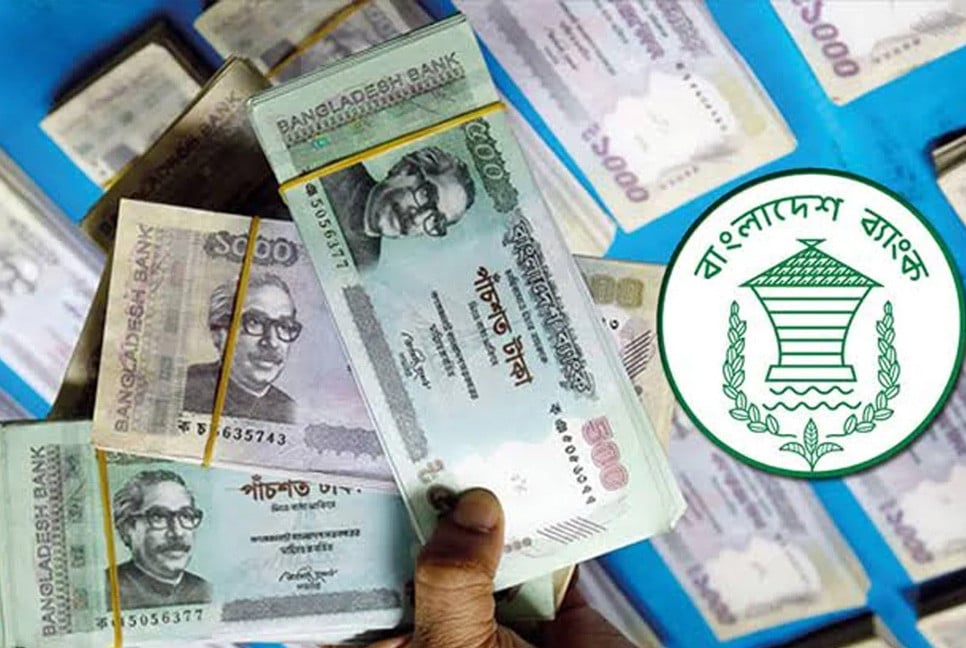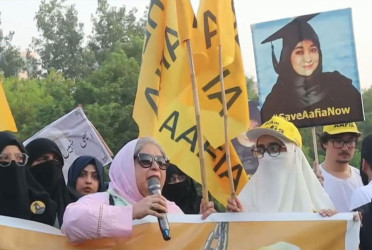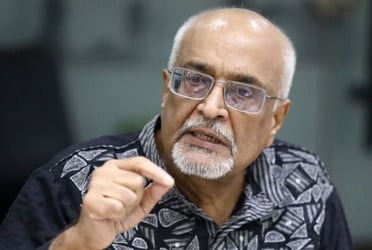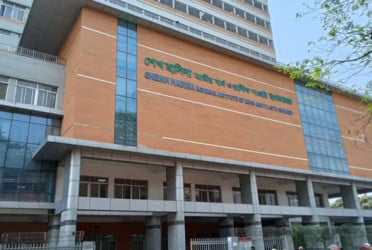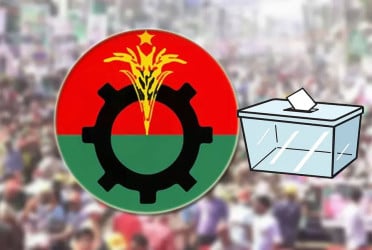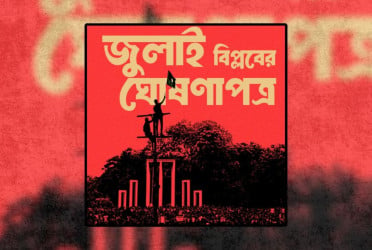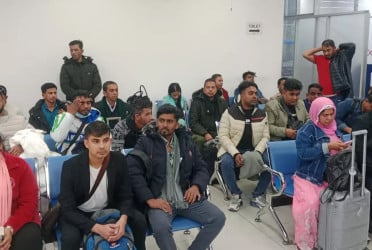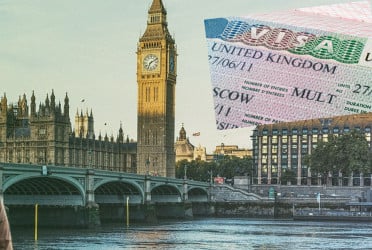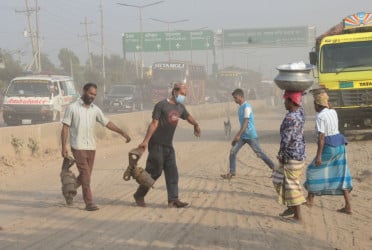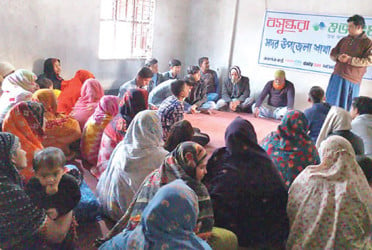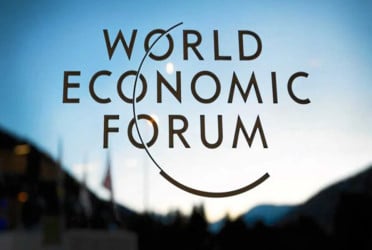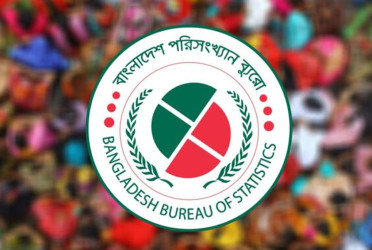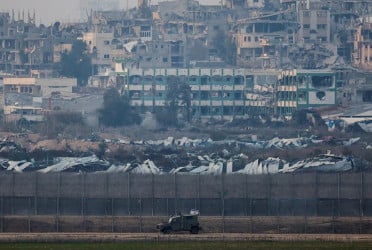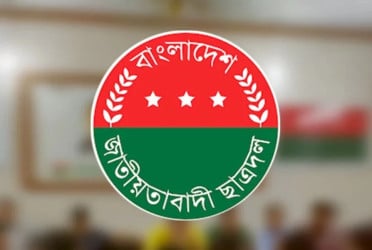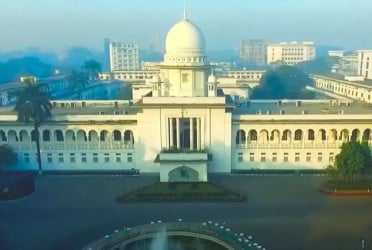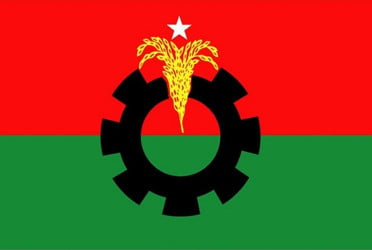The recent International Monetary Fund (IMF) loan extended to Bangladesh has sparked significant debate about its long-term implications for the country’s economy. While marketed as a lifeline to address balance-of-payments challenges and economic vulnerabilities, the harsh reality is that such loans often come with strings attached, disproportionately burdening vulnerable populations and compromising a nation’s economic sovereignty. Bangladesh, despite its growth trajectory, may find itself in a precarious position as it navigates the harsh conditions imposed by the IMF.
Austerity at the Expense of Citizens
The IMF’s loans are rarely disbursed without stringent conditions, and Bangladesh’s case is no different. The country is expected to adopt austerity measures, which include cutting subsidies on essential items like fuel, electricity, and food, as well as increasing taxes. While these measures aim to stabilize fiscal balances, they inevitably hurt low- and middle-income households the most. For a nation already grappling with inflation and the economic fallout of global disruptions, such policies could exacerbate poverty and widen inequality.
Economic Sovereignty at Stake
One of the most concerning aspects of IMF loans is the erosion of economic sovereignty. The Bangladeshi government must now adhere to policy prescriptions crafted in Washington, often with little consideration for the unique socio-economic realities of the country. These measures prioritize fiscal discipline over social welfare, limiting the government’s ability to make decisions tailored to local needs. For a country like Bangladesh, which has achieved remarkable progress through homegrown initiatives, this external interference could stifle innovation and self-reliance.
Debt Trap Warnings
IMF loans come with repayment obligations that can become a heavy burden if not managed carefully. Bangladesh’s external debt is rising, and the new loan adds to this load. If economic reforms fail to generate sufficient growth and revenue, the country risks falling into a debt trap, forcing it to seek further loans and perpetuating a cycle of dependency. This vicious cycle has already been observed in countries like Sri Lanka and Pakistan, where IMF programs have led to severe economic distress.
Social Unrest and Political Instability
The socio-economic impact of IMF-imposed austerity often manifests in widespread discontent. As public services are scaled back and prices for essentials rise, protests and unrest become inevitable. Bangladesh, a nation with a strong civil society, could see significant pushback against policies perceived as unjust or foreign-imposed. Political instability resulting from such unrest could further deter foreign investment and hinder economic recovery.
Flawed Focus on Short-Term Stabilization
The IMF’s approach to economic stabilization often focuses on immediate fiscal and monetary targets, such as reducing budget deficits and controlling inflation. However, this short-term focus can come at the expense of long-term development goals. Critical sectors like education, healthcare, and infrastructure risk being underfunded, undermining Bangladesh’s growth potential in the years to come.
The Way Forward
While IMF loans are often presented as a necessary step to avoid economic collapse, they are not without significant risks. Bangladesh must tread carefully, ensuring that it does not become overly reliant on external financing. The government should prioritize transparent use of the funds and seek alternative strategies for economic stabilization, such as diversifying exports, improving governance, and strengthening domestic revenue collection.
Conclusion
The IMF loan may provide temporary relief for Bangladesh’s economic challenges, but its long-term consequences could outweigh the benefits. The nation risks losing control over its economic policies, burdening its citizens with austerity, and falling into a cycle of dependency that could jeopardize its hard-earned progress. Bangladesh must approach this agreement with caution, prioritizing the welfare of its people over appeasing international creditors. Failure to do so may turn the IMF loan from a lifeline into a liability.
Bd-pratidin English/Lutful Hoque

